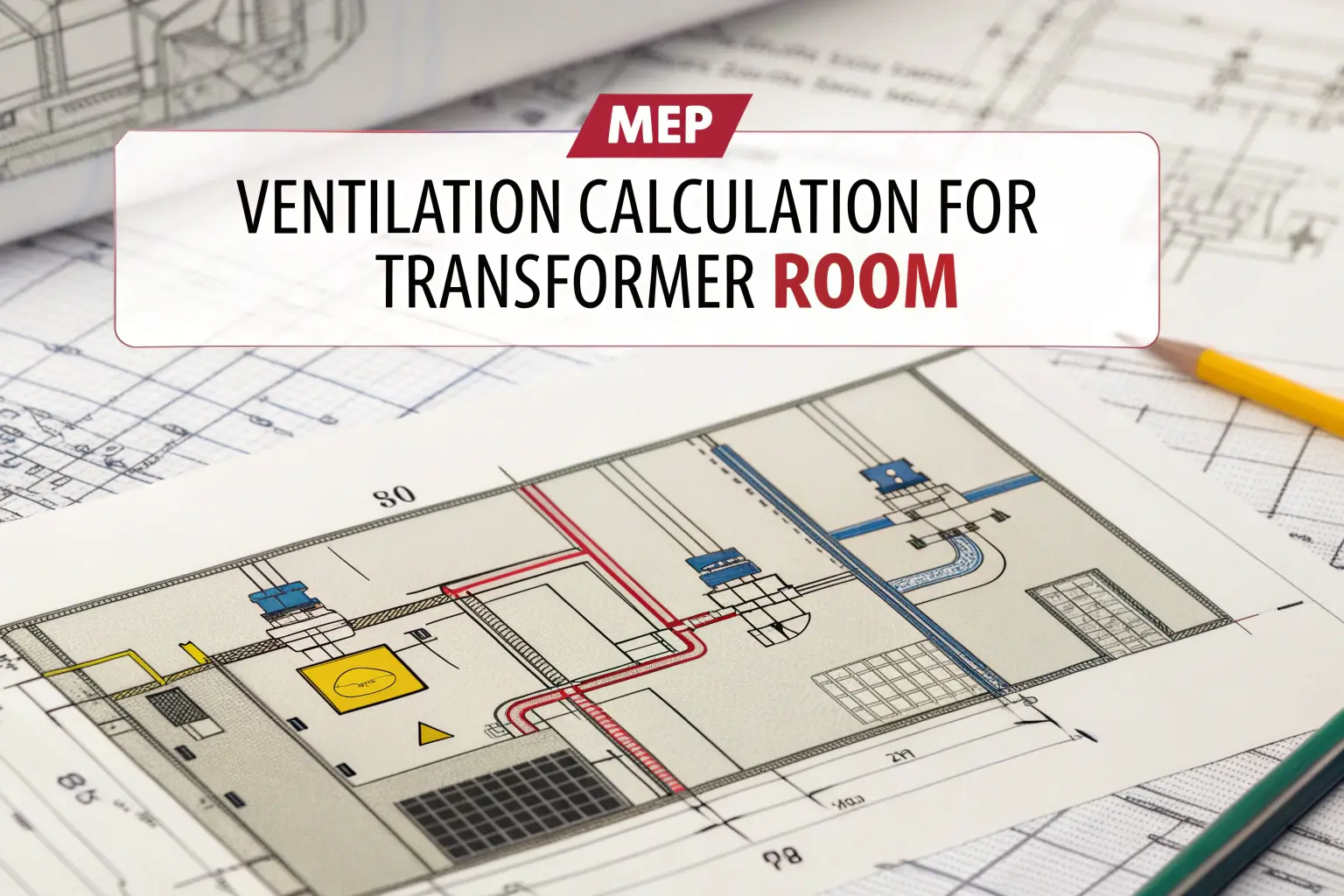Electrical Engineering for Beginners: Electrical engineering seems like very hard but when you start learning it its very interesting and useful in daily life. every thing around us is working on electricity like light in room and mobile in our hand all this is possible because of electrical engineering.
if you are new don’t worry this guide will tell you every thing about electrical engineering in simple way. you can be student or just learner or you want to make carrier in this field this article is for you.
What Is Electrical Engineering?
Electrical Engineering for Beginners: Electrical engineering is technique which is used to by engineers to make things which works on electricity and electronics. they designs and tests and maintains electrical systems and equipments. this systems can be very small like chip or very big like power grid and all.
While the field may seem broad, it essentially focuses on how to produce, transmit, and use electrical energy efficiently and safely.
Why Learn Electrical Engineering?
Learning electrical engineering is technique which is used to by engineers to get a lot of job opportunities. they can make electric cars, design smart homes, and work on solar panels and wind mills etc. they use their knowledge to solve real life problems and think logically. this field is very important and its very popular all over the world and still its very high in demand.
Basic Concepts You Should Know
Before diving deeper, it helps to understand a few foundational concepts:
Voltage (V): This is the electric potential difference between two points. Think of it as the pressure that pushes electric current through a circuit.
Current (I): This refers to the flow of electric charge. It’s measured in amperes (amps).
Resistance (R): This is the opposition to the flow of current. Materials like rubber have high resistance, while metals like copper have low resistance.
Ohm’s Law: One of the most important rules in electrical engineering, Ohm’s Law states:
V = I × R
Knowing any two of these values helps you calculate the third. This law is essential for analyzing and designing circuits.
Power (P): Power measures the rate of electrical energy consumption. It is given by:
P = V × I
Common Electrical Components
Electrical Engineering for Beginners: Electrical system is thing which have some main parts. if you know about them then you can understand how circuit works.
Resistors is thing which reduce current flow and also drop voltage.
Capacitors is thing which store energy for some time and then release it when its needed.
Inductors is thing which store energy in magnetic field and they don’t like change in current.
Diodes is thing which allow current to flow only in one way.
Transistors is thing which work like switch or amplifier and its very important in digital circuit.
Switches is thing which open or close circuit manually or automatically.
each part do some specific work and when they work together then devices work smoothly.
Simple Circuit Building
Now that you know the basic components, let’s talk about building a simple circuit. Here’s what you need:
- A power source (like a 9V battery)
- A resistor
- A small LED or bulb
- Some connecting wires
Firstly you connect battery to one side of resistor that’s technique used to make circuit. then you attach other side of resistor to LED its very simple method. after that you close the loop by connecting other leg of LED back to battery its completely easy. when everything wired properly your bulb will glow that’s it. just like that you made your first electric circuit its very popular in electronics.
Applications of Electrical Engineering
You might be surprised to know how widespread this field is. Electrical engineering powers nearly every industry. Some key areas include:
- Power Generation and Distribution
- Telecommunications
- Consumer Electronics
- Aerospace and Defence
- Robotics and Automation
- Medical Devices
- Electric Vehicles and Transportation
Whether you’re developing a mobile phone or designing renewable energy systems, electrical engineering is at the core of innovation.
Tools and Software Beginners Should Learn
To succeed in this field, it helps to get familiar with a few tools and software platforms:
Multimeter is used to by engineer to measure voltage and current and resistance in circuit. they obtains circuit info using multiple tools one of the most common tool is breadboard , its lets you build and test circuit without soldering. they Use simulation software like MATLAB and LTspice to simulate circuit before building them. they also use coding platform to program microcontroller like Arduino and raspberry pi. learning this tool early is very good it boost your confidence and help you to explore more complex system.
Education Path and Career Options
Most electrical engineers start with a diploma or bachelor’s degree in electrical engineering. From there, you can specialize in fields like:
- Power Systems
- Control Systems
- Electronics
- Embedded Systems
- Renewable Energy
Career roles include:
- Electrical Design Engineer
- Maintenance Engineer
- Control System Engineer
- Embedded Systems Developer
- Research and Development (R&D) Engineer
This is a field with steady job growth, especially as the world shifts towards green energy and smart technology.
Challenges Beginners Might Face
Electrical Engineering for Beginners: Every field comes with challenges, and electrical engineering is no exception:
- It involves math and physics, which can seem tough at first.
- Understanding circuit behaviour takes time and practice.
- Mistakes in wiring or measurement can damage components.
Overcoming challenge is possible if you try a lot and you are curious about things. every mistake you make you can learn from it. Electrical engineering is not that hard even if you are beginers. when you know basics and have tools its actually very fun and interesting. this field is used in modern tech and it also teaches you to think in different ways and be creative.
if you are new to this start with small things. read diagrams of circuits. watch videos on internet. join groups where people talk about this. and most important thing is to try a lot. the more you try the more you will know what to do. so just go and start learning electrical engineering its like lighting up your way.
Electrical Engineering for Beginners : FAQs
1. Is electrical engineering hard for beginners?
it is difficult in starting because of maths and theory and all but when we do practices and get experiences it become easy after sometime
2. Do I need to be good at math?
Basic math skills are important. You’ll deal with algebra, trigonometry, and a bit of calculus, but nothing too advanced for a beginner.
3. Can I learn electrical engineering on my own?
Many resources are available on internet its free and paid also. sites like youtube coursera and edx they gives courses for beginers.
4. What’s the first project I should try?
Start with a simple LED circuit using a breadboard and a 9V battery. It’s safe, easy, and teaches you the basics.
5. What’s the best way to practice?
Build circuits, solve problems, and use simulation software. Also, joining online communities and participating in small competitions helps a lot.













